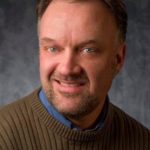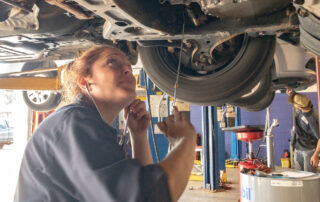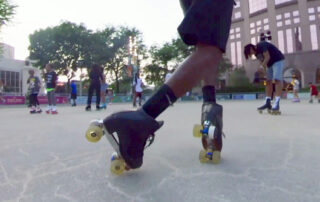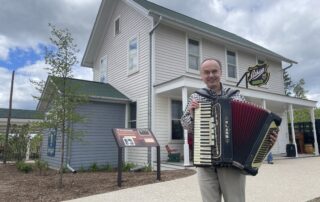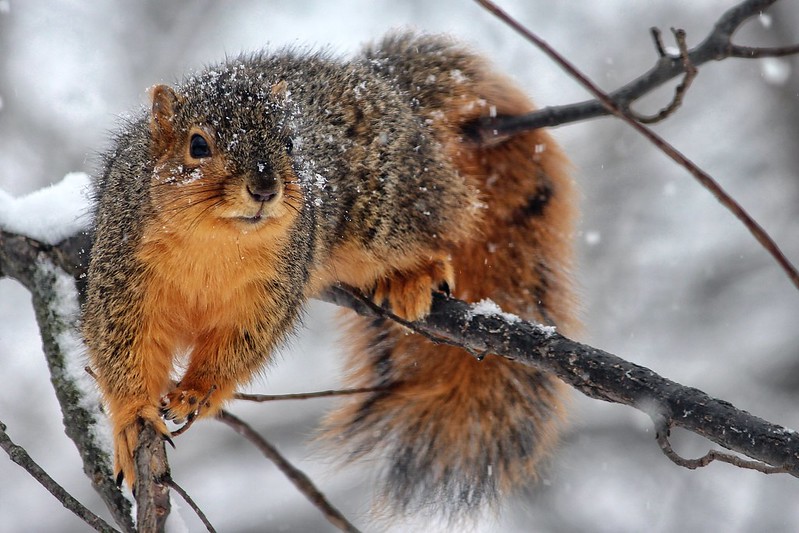You’ll find Dylan Jennings out in the woods in all seasons. Hunting and gathering the way his ancestors did centuries before him. He speaks of nature being a powerful place and it’s this sense of place that has grounded Jennings. We caught up with him during sugarbush or in his native language Iskigamizigewin. That’s maple syrup season in Ashland County. Jennings is a member of the Bad River Band of Lake Superior Anishinaabe.
As a twenty-something, Jennings is very aware of where his people have been and it’s those lessons from the past that carry him forward. The reservation near Odanah, Wisconsin was created in the Treaty of 1854. The majority of the reservation is on the south shore of Gichigami or Lake Superior. It’s a special place for Jennings. “My spirit gravitated towards this place because of the spiritual power that these homelands have for us as Anishinaabeg,” says Jennings. Preserving and protecting the indigenous language is also important to his way of life. It’s a language the tribe is trying to resurrect. According to Jennings there are approximately only 20 first language speakers left in Wisconsin. With his firstborn daughter Jennings speaks as much Ojibwe as he possibly can so she grows up understanding and comprehending the language.
Passed down through the generations, language, culture and ancient traditions go hand-in-hand. Jennings took up the art of drum making as a little kid. Today Jennings and his drums travel all over the world. There is an Ojibwe proverb that Jennings strongly believes: You take care of the drum and the drum will take care of you. For him, it’s a very true statement. Taking care of the drum is both sacred and ceremonial. People recognize that drum as being the heartbeat of Mother Earth and the power that it brings to ceremonies and communities.
In addition to being on the tribal council, Jennings works for the Great Lakes Fish and Wildlife Commission education young and old alike. He sees his job as an educator as the nexus to eliminating stereotypes, to eliminating misconceptions about indigenous people and to help move forward in a better, more productive society.
Editor’s note:
The Pow wow footage used in this piece was sourced from Wisconsin First Nations, a collaboration between WPT Education, the UW-Madison School of Education, and the Wisconsin Department of Public Instruction.
